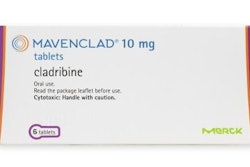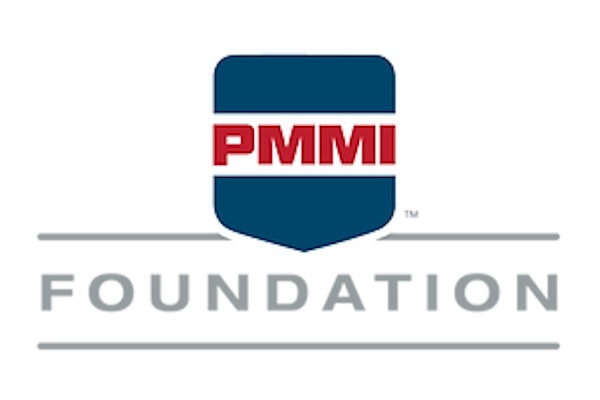
A recent Wired article discussed the concept of gene editing to eliminate pain. There’s a rare group of people who experience pain insensitivity, and their DNA could unlock the key to eliminating not just pain, but also anxiety from the human condition. However, the idea raises ethical issues. If a person is unable to experience pain and anxiety, does it affect their moral compass? Could gene editing be used to create super-soldiers?
While it’s certainly unpleasant, the human body evolved to feel pain as a way to notify a person that something is wrong with their body. One reason pioneers in gene-based pain therapy aren’t using CRISPR yet is that it’s permanent. Rather, companies are focusing on treating pain by engineering receptors in people’s sensory neurons that can be controlled by a small molecule drug in a virus. A one-time injection delivers instructions for creating a “tunable on/off switch.” This means that when a patient feels pain, they can take the drug to shut down pain perception without full-body side effects of risk of addiction.






















